FOCUS-Africa project started its implementation in September 2020. The first workshop took place virtually in November-December 2020 and had one day dedicated to the FOCUS-Africa external stakeholders focusing on South Africa and the related food security case study. This workshop is the second stakeholders’ workshop.
Registration is now open for the FOCUS Africa Second External Stakeholder Workshop, to be held online from 14-15 September 2021 from 13:00 – 17:00 CET/14:00 – 18:00 EAT.
For the second External Stakeholder, Tanzania has been selected as the theme country. The discussions will therefore focus on exploring the stakeholders needs, challenges and capacities in terms of climate services in Tanzania in three sectors namely, agriculture and food security, energy and infrastructure.
Workshop Objectives
- Promote visibility of FOCUS-Africa project by showcasing the progress and challenges of the case studies in Tanzania.
- Review users’ requirements and strategies for climate services delivery in Tanzania
- Understand user perspectives and expectations.
- Explore the opportunities for capacity building.
- Identify connections and synergies across the three case studies.
- Assess the status of the stakeholder’s engagement and synergies with the other H2020 sister projects as well as other related projects and initiatives in the region such as AfriRes, or Africap, WSCCP South Africa
- Expand the stakeholder network in Tanzania.
- Identify risks and lessons learned from 2020/2021 and COVID-19.
Expected outcomes/output
- Understanding of progress to date across the three case studies in Tanzania
- Refined Tanzanian users’ requirements and co-production strategies.
- Identification of synergies and interactions across the three case studies
- Adoption and implementation of the responsible research and innovation (RRI) approach within the project: lessons learned and best practices.
- Capacity development needs for climate services providers identified
- Additional stakeholders in Tanzania identified that are engaged in food security, energy and infrastructure.
Speakers
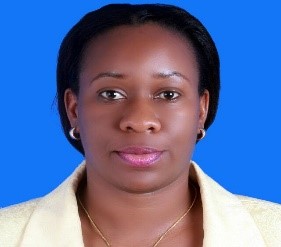
Ms Mecklina M. Babyegeya has 11 years of experience in Meteorology specifically in generation of agrometeorological products for agriculture sector in Tanzania. In 2014 to date Ms. Mecklina became a GFCS Desk Officer responsible for coordination of GFCS Adaptation Programme in Africa (GFCS APA). Global Framework for Climate Services (GFCS) was a multiagency programme implemented by the Tanzania Meteorological Authority (TMA), World Food Programme (WFP), Tanzania Red Cross Society (TRC), the World Health Organization (WHO) and University of Dar es salaam (UDSM) under the World Meteorological Organization (WMO). She coordinated partners to ensure successful implementation of the programme and its sustainability by developing and implementation of the National Framework for Climate Services (NFCS). Furthermore, Mecklina worked with UKMET Office to support the implementation of Multi Hazard Early Warning (MHEWS) Project under the Weather and Climate Information Services for Africa (WISER). Apart from that she coordinated the High Impact Weather Lake System (HIGHWAY) project to reduce community risks due to bad weather in Lake Victoria. Ongoing projects coordinated by Mecklina are FOCUS AFRICA and COGENT. Mecklina has a BSc (Hon) in Meteorology from Pretoria University and MSc in Urban Environmental Project from Wageningen University in the Netherlands.
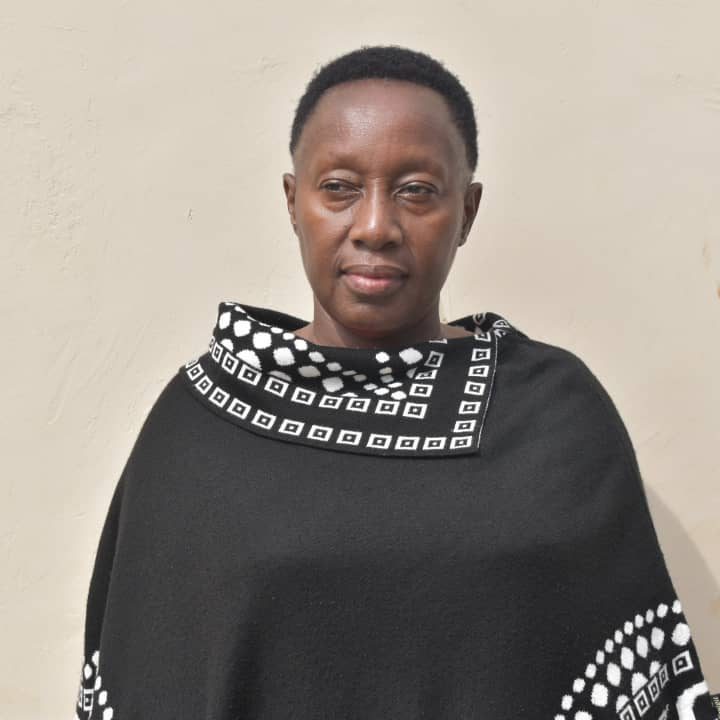
Hildelitha Berthold Msita is working with Tanzania Agricultural Research Institute (TARI), Kibaha Centre as Centre Manager. She’s in-charge of the Centre; advise Director General on management issues at the Centre; coordinate and conduct basic, applied and strategic research; technology transfer and partnerships; conserve and maintain germplasm of mandated crops; provide agricultural consultancy services and training; supervise MSc, PhD and Post-Doc students in collaboration with high learning institutions; follow-up the preparation and publication of research findings at Centre; ensure and administer realistic budget of the Centre; ensure implementation of Institute policies; generate fund through engagement in various enterprises including multiply and sell pre-basic and basic seeds; mobilize research funds from different sources. She has more than 20 years working in 9 research programs, with 33 publications in journals, proceedings and book chapters. She has a good network in and out of the working areas and like to put ideas into practice.
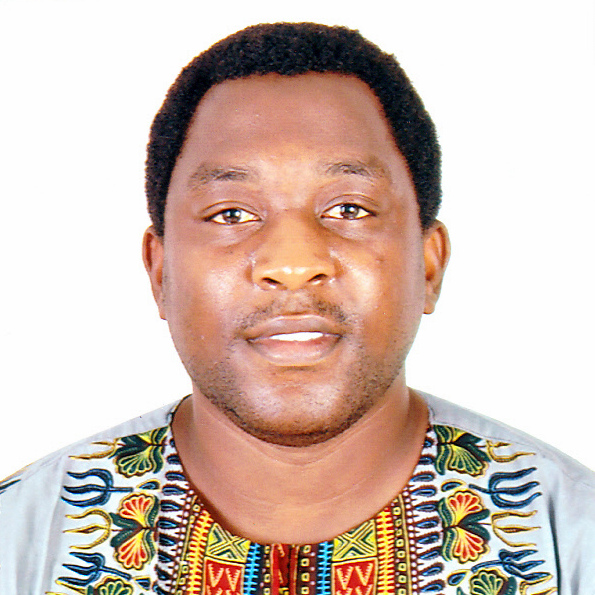
Mponda Malozo is an agrometeorologist at the FAO country office in Tanzania and the focal point for the Building Capacity for Resilient Food Security activity in Tanzania. He worked as an agriculture officer and an environmental officer with the Ministry of Agriculture in Tanzania between 2009 and 2018. He holds a Bachelor’s degree in Environmental Sciences and Management, and two Masters in Agro-Food Chain and Agro-Environmental Management. He was among the team of experts that developed the National Agriculture Climate Resilient Plan and the Tanzania Meteorological Authority Agrometeorological database.
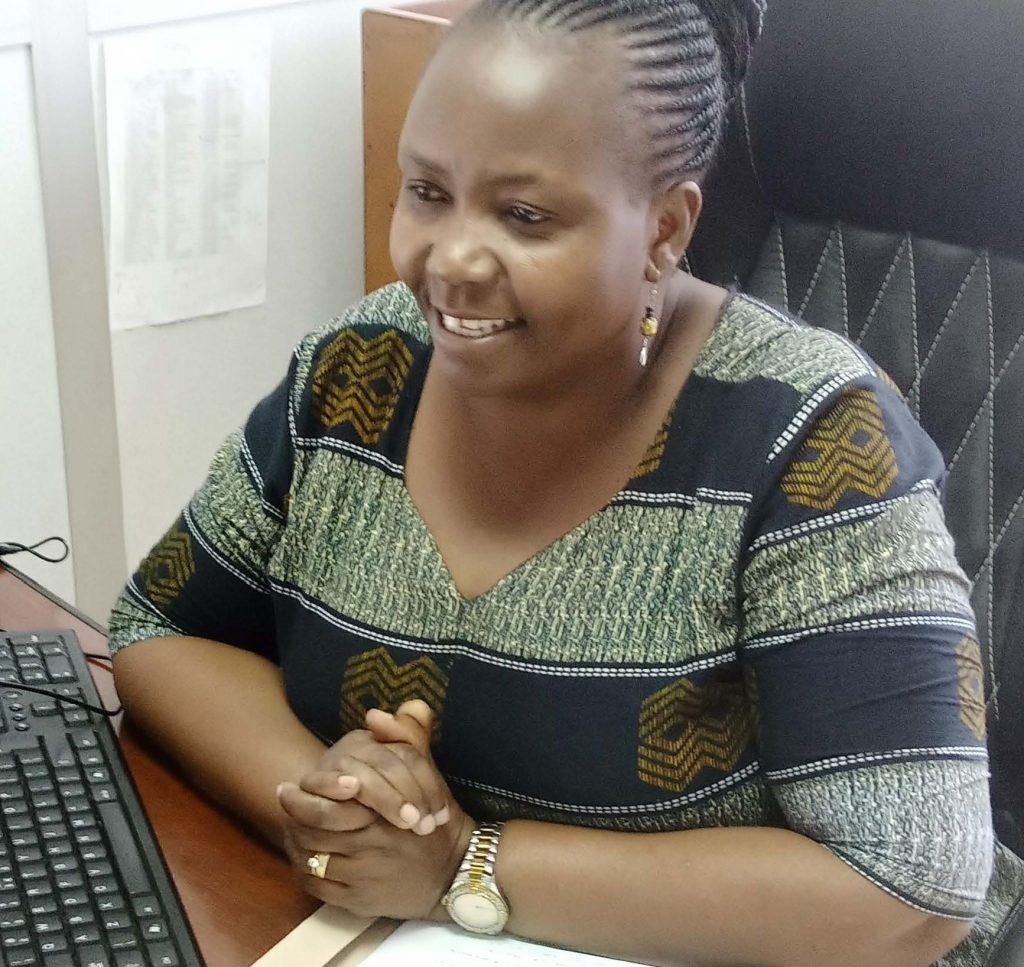
Dr. Sarah Emerald Osima (PhD) is a Tanzanian, employed with Tanzania Meteorological Authority from 1995 to date. She served at different levels where she was promoted according to the working experiences and education levels from Meteorological Assistant to Principle Meteorologist, Climate scientist and currently, as Manager Environment and Research. She attained Bachelor and Master Degrees in Meteorology at Russian State Hydrometeorological University, St. Petersburg, and conducted PhD studies at the University of Cape Town and Danish Meteorological Institute. Dr. Osima has attended numerous international conferences and workshops in Africa, United States of America, United Kingdom, Italy, Finland, Sweden, Germany, Denmark, China and New Caledonia. She also contributed to the development of various government documents and reports including NDC’s and National Climate Change Strategy Responses. She authored several articles including the “Projected Climate over the Greater Horns of Africa under 1.5 and 2oC Global warming level”, a paper which is most cited (and in the special reports of the IPCC). She was also a volunteer lecturer at the University of Dar Es Salaam and currently supervising a PhD student at the University of Dodoma.
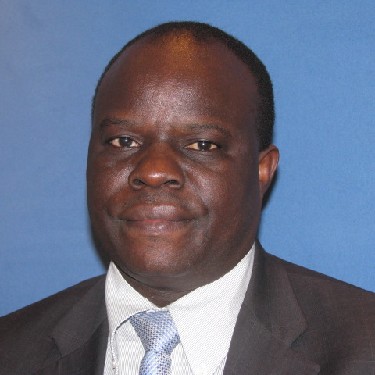
Dr. Richard Muyungi holds a Phd in Geography-Climate Change and Sustainable Development, an MSc in Environmental Protection and Management from the University of Edinburgh, and a BSc in Agriculture. He also holds a PGD in International Relations and Public Administration done in Italy. He is a climate change diplomat and has been the Chief Negotiator for Tanzania (UNFCCC, UNCCD and Rio Processes) for over 20 years. He has worked for the Tanzania government and UN community for over 30 years including as the Director of Environment (including Climate Change) in the Vice President’s Office, Tanzania. He is one of the longest serving members of the African Group of Negotiators in climate change and has participated in the UNFCCC Processes since 1996. Over his career he has held various positions and led or facilitated climate change negotiations on behalf of Tanzania, developing countries, Africa and LDCs in almost all areas of the UNFCCC processes. He has particularly focused on Adaptation, Finance and Capacity Building. He has served on the boards of the Adaptation Fund and Green Climate Fund.
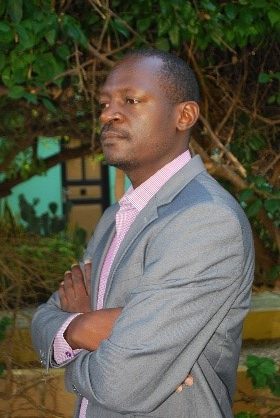
Dr. Sixbert Mwanga is a climate scientist in Tanzania. Dr. Mwanga leads the Climate Action Network Tanzania (CAN TZ) which is the leading ‘Think & Do Tank’ NGO in Tanzania in the areas of climate change policy, research and on-the ground actions. For instance, under his leadership CAN TZ has taken a leading role in spearheading and catalysing the discussions on climate change policy in Tanzania through convening and facilitating stakeholder engagement in the reviewing and inputting in the finalization of key national climate change frameworks namely National Climate Change Response Strategy and NDC. CAN TZ is also working with various central and Local government authorities (LGAs) to identify, design and implement several climate resilience projects in Agriculture, energy, water and fisheries in Coastal, Arusha, Tanga and Kilimanjaro regions.
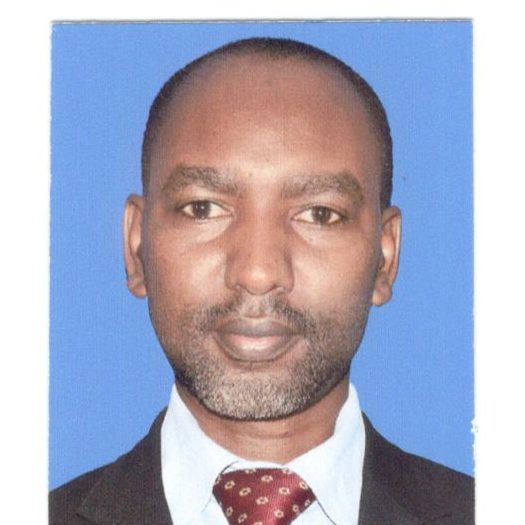
Mr. Wilbert Timiza Muruke is a Principal Meteorologist and Manager International Cooperation Office of the Tanzania Meteorological Authority (TMA). Mr. Muruke has been working for TMA since June 2003 and has accumulated experience in the science of Meteorology, provision of climate services to various socio-economic sectors, coordination of International Affairs related to Meteorology, Capacity building in Meteorology and Capacity building in the Meteorology Foundational Subjects (Mathematics and Physics). Mr. Muruke holds an MSc. degree in Physical Geography and Ecosystem Analysis from Lund University, Sweden (2011), Postgraduate Diploma in Meteorology, Nairobi University in Kenya (2005) and BSc Hons. (Physics, Mathematics and Education) of the University of Dar es Salaam, Tanzania (2002)

Lars Frederiksen works as a Specialist and Project Manager at COWI’s Urban Water and Climate Adaptation division. He specialises in modelling, GIS, flood risk mapping, climate adaptation and wastewater planning. Prior to this, he participated in COWI Accelerator, a global fast track for top talent boosting leadership and business mindset. He has a Master’s degree in Environmental Engineering Technology/Environmental Technology from the University of Southern Denmark.
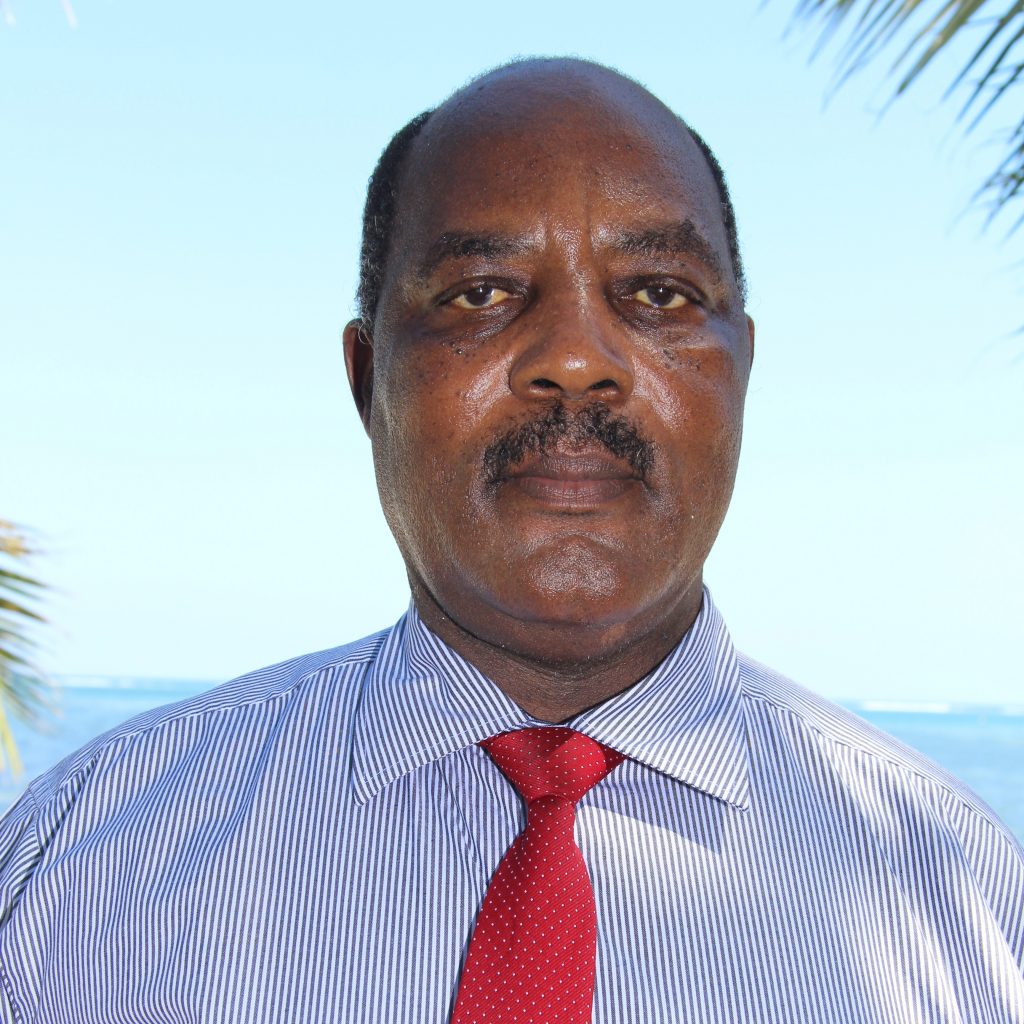
Dr. Pius Yanda is a professor at the Institute of Resource Assessment in Dar es Salaam, Tanzania. He led the process to establish the Climate Change Centre and PhD and MS degrees on climate change at the University of Dar es Salaam. He holds a PhD from the University of Dar es Salaam. He has served as a lead author for the Intergovernmental Panel on Climate Change (IPCC) and, in 2015, was nominated to be vice chair for the IPCC Working Group II. Dr. Yanda has published extensively in peer-reviewed journals.
Workshop format and duration
This Workshop will take place on 14th – 15th September 2021 (via teleconference).
Draft agenda
| Time (CEST) | Activities | Responsible |
| 14th September 2021 | ||
| 13:00-13:30 | SESSION ONE: Introduction and Overview of the Focus-Africa Project | Roberta B, Dragana B, Nicolas F., TMA representative |
| 13:30-15:00 | Part I: Food Security 13:30-13:40: Speaker from the TMA: Ms Mecklina M. Babyegeya 13:40-13:50: Speaker from the Tanzania Agricultural Research Institute: Dr. Hildelitha Msita 13:50-14:00: Speaker from FAO- Tanzania: Mr. Mponda Malozo 14:00-14:20: Panel Discussion. 14:20-14:50: Breakout session(s) with parallel groups. 14:50-15:00: Report back | Moderator: Dragana Bojovic (BSC) |
| 15:00- 15:15 | Break | |
| 15:15- 16:45 | Part II: Energy 15:15-15:25: Speaker from the TMA: Dr. Sarah Emerald Osima 15:25-15:35: Speaker from the TANESCO, Dr. Richard Muyungi 15:35-15:45: Speaker from Climate Action Network: Dr. Sixbert Mwanza 15:45-16:00: Panel Discussion 16:00-16:30: Breakout sessions with parallel groups 16:30-16:45: Report back | Moderator: Alberto Troccoli (WEMC) |
| 15th September 2021 | ||
| 13:00-13:10 | Introduction and recap from day 1 | Roberta Boscolo, WMO |
| 13:10- 14:40 | Part III: Infrastructure 13:10-13:20: Speaker from the TMA: Mr. Wilbert Timiza Muruke 13:20-13:30: Speaker from the COWI: Lars Frederiksen 13:30-13:40: Speaker from UDSM: Prof Pius Yanda 13:40-14:00: Panel Discussion 14:00-14:30: Breakout session with parallel groups 14:30-14:40: Report back | Moderator: Nicolas Fournier (UKMO) |
| 14:40-15:00 | Break | |
| 15:00-15:30 | Break out sessions on the nexus of food security, energy and infrastructure. | |
| 15:30-16:00 | Wrap up and closing. | WMO, TMA |
The EU H2020 FOCUS-Africa project incorporates eight case studies within four sectors – agriculture and food security, water, energy and infrastructure – across the geographical region of the Southern African Development Community (SADC). The main objective of the project is to develop sustainable, tailored climate services.

